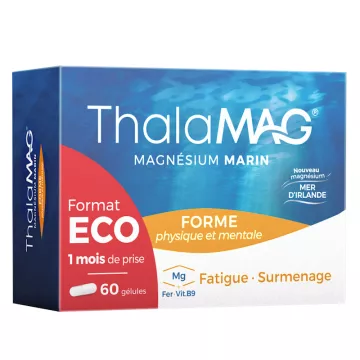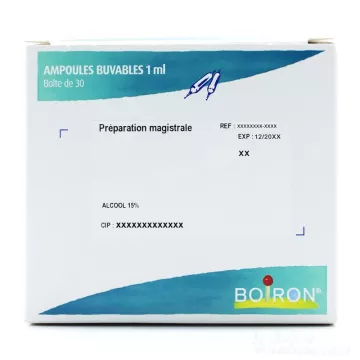

What is iron deficiency and how does it manifest itself?
Iron deficiency is a medical condition resulting from insufficient iron intake in the body, leading to a decrease in the production of healthy red blood cells. It is the most common cause of anemia. Symptoms include persistent fatigue, paleness, shortness of breath and general weakness.
What are the main causes of iron deficiency?
The main causes include a diet low in iron, heavy blood loss (e.g. heavy menstruation or internal bleeding), reduced absorption of iron by the body, and periods of rapid growth such as pregnancy or adolescence.
How is iron deficiency diagnosed?
Diagnosis is made by blood tests measuring iron levels in the blood, hemoglobin levels, and serum ferritin. Low levels of these indicators can confirm iron deficiency.
What treatments are available for iron deficiency?
The main treatment is iron supplementation, either orally or, in more severe cases, by intravenous injections. Careful attention to diet is also crucial, with a focus on iron-rich foods such as red meat, green leafy vegetables and dried fruit.
Preventing iron deficiency: what strategies should you adopt?
To prevent iron deficiency, it is advisable to consume a balanced diet rich in iron, ensure an adequate intake of vitamin C, which promotes iron absorption, and consult a doctor for regular check-ups, especially for those at risk.
How does diet influence iron deficiency?
An unbalanced diet is a major cause of iron deficiency. Insufficient consumption of iron-rich foods such as red meat, legumes, dried fruit and green leafy vegetables can lead to a reduction in iron intake. Including sources of vitamin C in the diet can help improve iron absorption from the foods consumed.
Which groups are most at risk of iron deficiency?
The groups most at risk include women of childbearing age, especially those with heavy menstrual periods, pregnant women, children in periods of rapid growth, veganstarians and vegans who do not compensate for the absence of meat with other sources of iron, and people with medical conditions leading to poor iron absorption or blood loss.
Can iron deficiency be prevented in vegetarians and vegans?
Yes, vegetarians and vegans can prevent iron deficiency by including vegetable sources of iron in their diet, such as legumes, pumpkin seeds, spinach and dried fruit. It is also beneficial to add foods rich in vitamin C to improve iron absorption, and to consider dietary supplements in consultation with a health professional if necessary.
What are the long-term effects of untreated iron deficiency?
Untreated iron deficiency can lead to severe iron-deficiency anemia, affecting quality of life through chronic fatigue, low immunity, and complications during pregnancy. In the long term, it can also increase the risk of developing heart problems, such as heart failure.
How can iron deficiency be managed during pregnancy?
Managing iron deficiency during pregnancy involves regular monitoring of iron levels through blood tests and taking iron supplements prescribed by a healthcare professional. A balanced diet, rich in sources of iron and vitamin C, is essential. It is important to consult a doctor or midwife for personalized follow-up throughout the pregnancy.